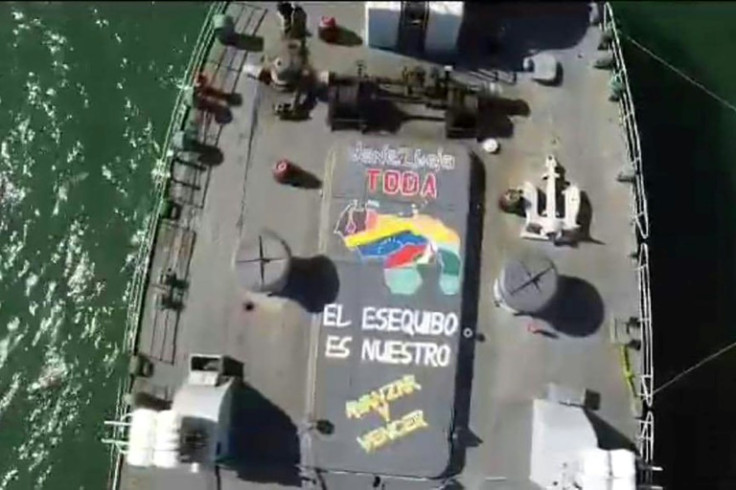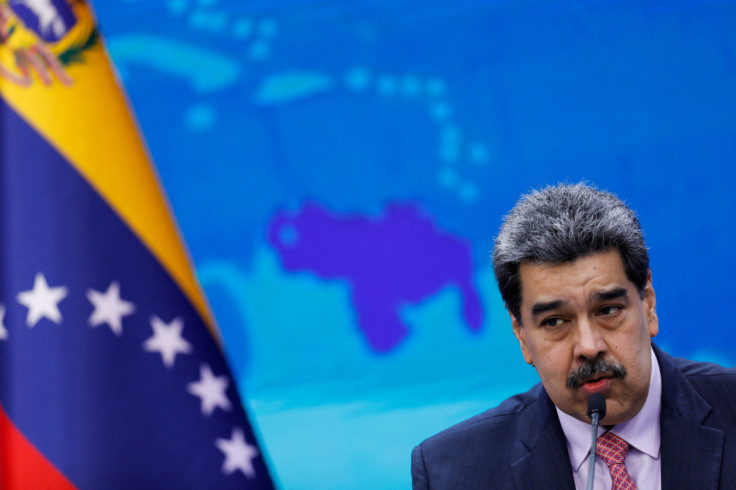
Venezuelan authorities said this week the country will keep its armed forces deployed in its coast near the Atlantic as long as its dispute with Guyana over the Essequibo, a region that represents two thirds of the latter's territory, is resolved in a way that is "satisfactory" to Caracas.
"We won't stop being present in our Atlantic area until this territorial controversy over our Essequibo is solved in a way that is peaceful and satisfactory for the parties," said defense minister Vladimir Padrino.
The country, the official said, must face "all conspiracies, corruption and imperialistic intentions" to keep the territory under the control of Guyana, a status quo that has been the case since the 19th century.
Venezuela has brought its claim to the forefront of regional diplomacy since holding a referendum (approved by an overwhelming majority) to take over the territory and create a Venezuelan province there. It has also accused the Georgetown government of "defying and provoking" Caracas by granting concessions to exploit the areas natural resources, particularly oil.
Despite recent signs of de-escalation with his Guyanese counterpart Irfaan Ali, Venezuelan President Nicolas Maduro said he doesn't really rule the country and is a puppet of the U.S. military and American oil company ExxonMobil, which actively operates in the area.
"Guyana is ruled by the U.S. Southern Command, the CIA and ExxonMobil, and I'm not exaggerating. They control its Congress, the government and the opposition, their defense forces, their police forces," he said.

Maduro also claimed in early April that the United States has built secret bases in the Essequibo and that "aggressions" are being planned there.
"We have verified information, they have set (U.S.) Southern Command bases, as well as the CIA to prepare aggressions," Maduro said during a political rally. He went on to say that the alleged attacks would target "the people of Tumeremo," the city the government designated as regional capital. So far there have not been any attacks nor clashed in the area nor the Essequibo as a whole.
Caracas has recently increased its military presence along the border with Guyana, with a February report showing that the Maduro government moved light tanks, missile-equipped patrol boats and armored carriers. It has also vowed a "forceful response" if oil drilling begins in the region's contested waters, following the discovery of massive reserves in the area in 2015. Last year, tensions reached higher levels as Guyana started auctioning off oil blocks in the region.
Nonetheless, the U.S. has downplayed this increased military presence, saying that all movements seen have been of a "very small nature and size and scale and scope." White House Spokesperson John Kirby said the Biden administration has been "monitoring this closely," but the assessment is that there is no current indication that "there's about to be hostilities or that the Venezuelan military would be capable of conducting any significant military activities there."
© 2025 Latin Times. All rights reserved. Do not reproduce without permission.





